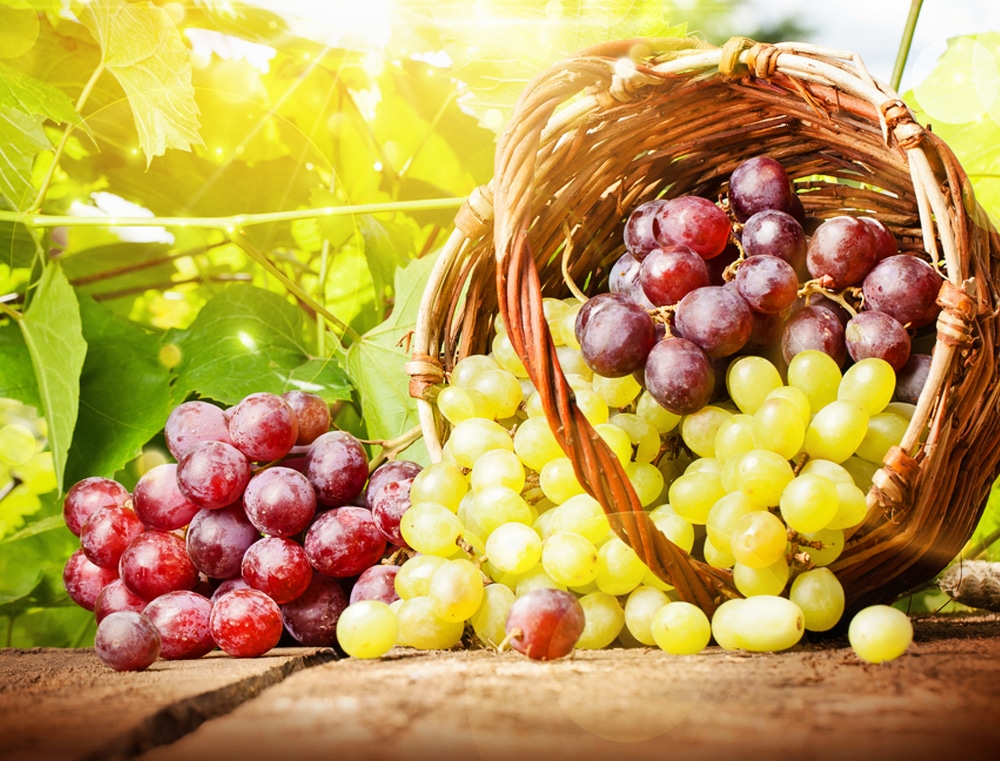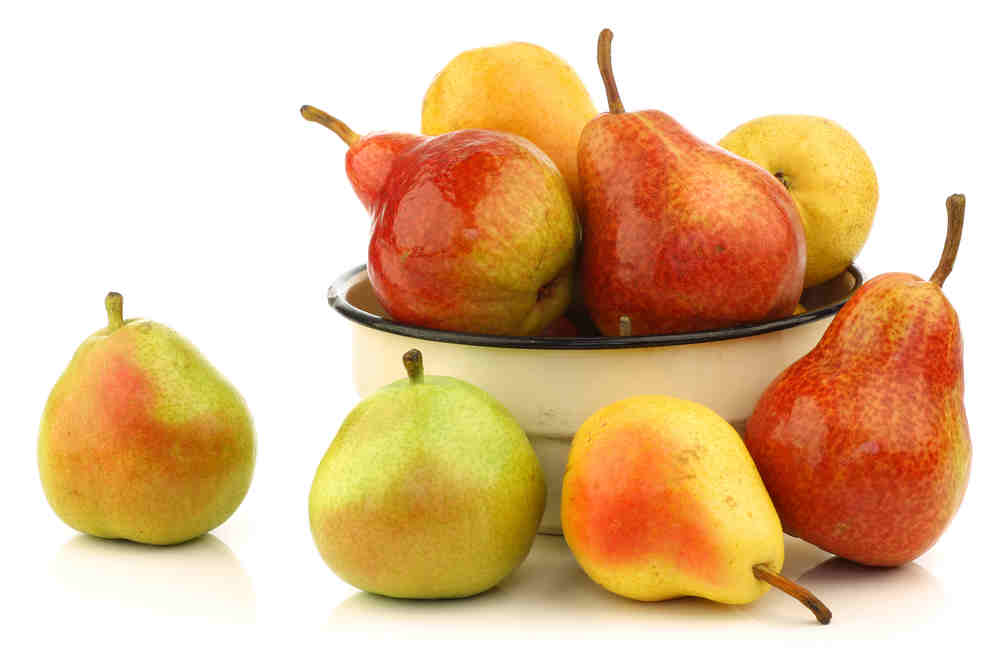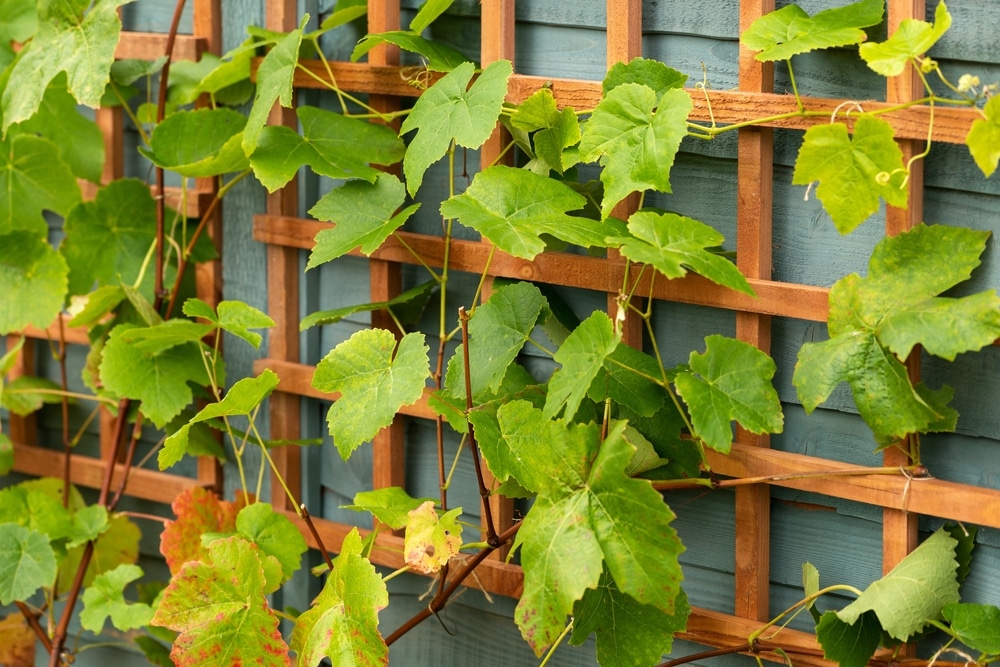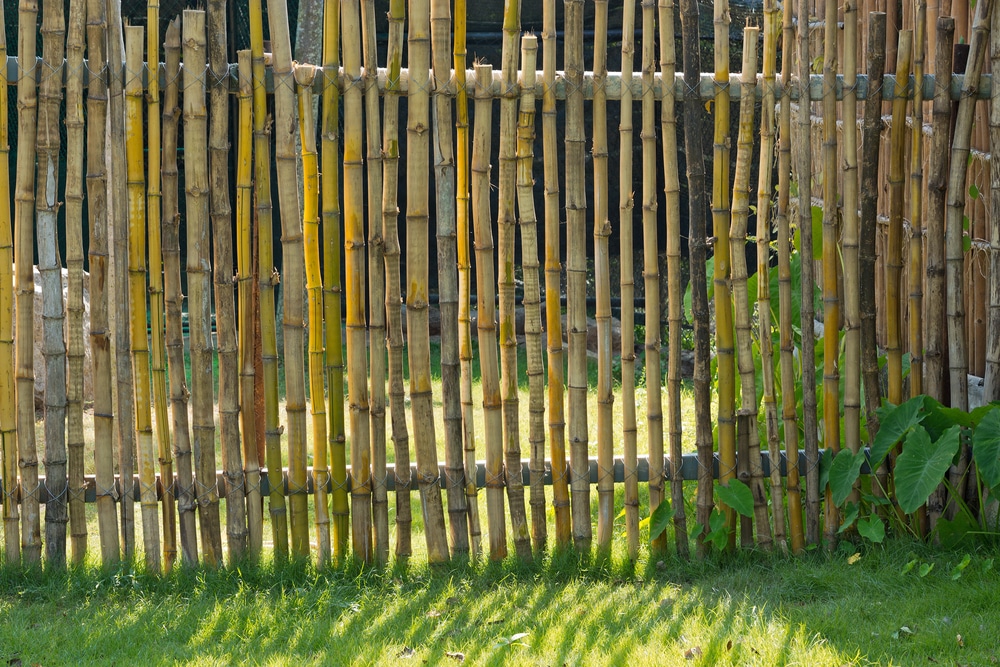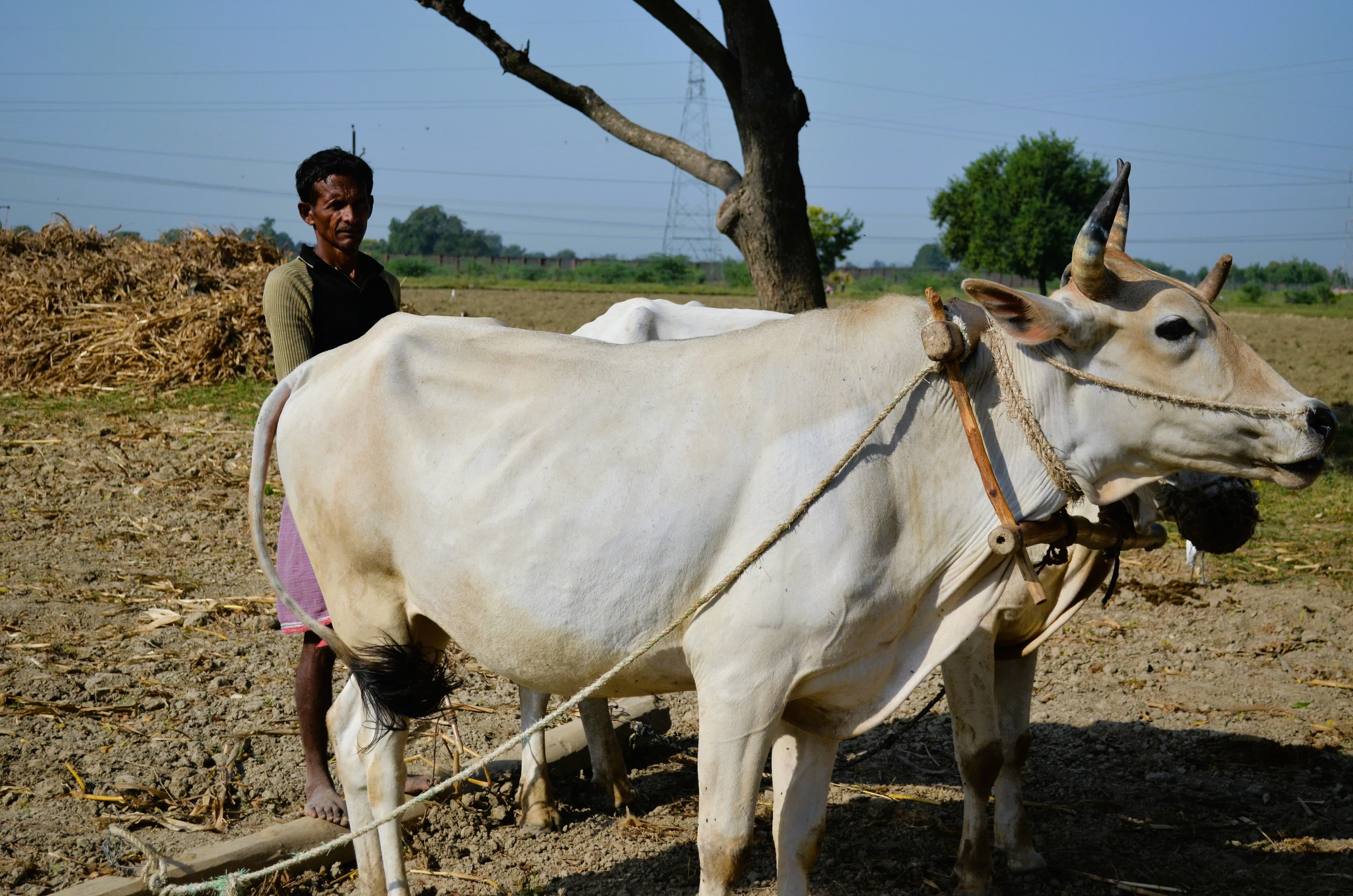
20 Chinese Tongue Twisters for Fun Pronunciation Practice (Audio Included!)
Try terrifically tricky tongue twisters that totally teach you Chinese!
No matter the language, tongue twisters or 绕口令 (rào kǒu lìng) are a fun way to help with pronunciation, whether you’re a learner or a native speaker.
Keep reading for 20 Chinese tongue twisters that you can try to triumph over right away!
Contents
- 1. 西施 (xī shī) — Xi Shi
- 2. 老师 (lǎo shī) — The Teacher
- 3. 凉鞋 (liáng xié) — Flip-flops
- 4. 凤凰 (fèng huáng) — Phoenix
- 5. 妈妈骑马 (mā ma qí mǎ) — Mother Rides a Horse
- 6. 吃葡萄 (chī pú tao) — Eat Grapes
- 7. 梨和泥 (lí hé ní) — Pear and Mud
- 8. 蝴蝶飞 (hú dié fēi) — Butterfly Flies
- 9. 四是四 (sì shì sì) — Four is Four
- 10. 八百标兵 (bā bǎi biāo bīng) — 800 Soldiers
- 11. 黑化肥,灰化肥 (hēi huà féi, huī huà féi) — Black Fertilizer, Gray Fertilizer
- 12. 藤 (téng) — The Vine
- 13. 眼圆 (yǎn yuán) — Round Eyes
- 14. 鸟和猫 (niǎo hé māo) — The Bird and the Cat
- 15. 扁担 (biǎn dan) — Bamboo Pole
- 16. 知道就说知道 (zhī dào jiù shuō zhī dào) — If You Know, Say You Know
- 17. 鸟岛 (niǎo dǎo) — Bird Island
- 18. 牛郎恋刘娘 (niú láng liàn liú niáng) — The Ox Herder Boy Loves Lady Liu
- 19. 施氏食狮史 (shī shì shí shī shǐ) — The Lion-eating Poet
- 20. 喇嘛和哑巴 (lǎ ma hé yǎ ba) — The Monk and the Mute
- How to Master Chinese Tongue Twisters
Download: This blog post is available as a convenient and portable PDF that you can take anywhere. Click here to get a copy. (Download)
1. 西施 (xī shī) — Xi Shi
The tongue twister titled “Xi Shi” is derived from a Chinese woman who was said to be so beautiful that she was considered one of the four beauties of ancient China.
xī shī sǐ shí sì shí sì.
Xi Shi died at 44.
Key Vocabulary:
死 (sǐ) — to die
四十四 (sì shí sì) — 44
2. 老师 (lǎo shī) — The Teacher
Here’s another tongue twister that incorporates 四十四, which can be quite a mouthful on its own. Just don’t let your teacher hear it if they understand Chinese!
lǎo shī shì bú shì sì shí sì suì?
Is the teacher 44 years old?
Key Vocabulary:
老师 (lǎo shī) — teacher
岁 (suì) — age
3. 凉鞋 (liáng xié) — Flip-flops
Believe it or not, there’s actually a tongue twister about flip-flops:
liáng xié wèi lè qù fēi chū nǐ de jiǎo!
Flip-flops fly off your feet for fun!
Key Vocabulary:
凉鞋 (liáng xié) — sandals, flip-flops
乐趣 (lè qù) — fun, pleasure
飞出 (fēi chū) — fly
脚 (jiǎo) — foot
4. 凤凰 (fèng huáng) — Phoenix
Here’s another short Chinese tongue twister for those –ng sounds:
hóng fèng huáng,
fěn fèng huáng,
fěn hóng fèng huáng.
Red phoenix,
pink phoenix,
pink-red phoenix.
Key Vocabulary:
红 (hóng) — red
凤凰 (fèng huáng) — phoenix
粉 (fěn) — pink
5. 妈妈骑马 (mā ma qí mǎ) — Mother Rides a Horse
Not too many people get to see their mothers riding horses, but if you’re one of the lucky few who do, try to tell your mother this one next time she does to show off your Chinese speaking skills.
Just make sure not to accidentally call her a horse!
mā ma qí mǎ.
mǎ màn,
mā ma mà mǎ.
Mother rides a horse.
The horse is slow,
mother scolds the horse.
Key Vocabulary:
妈妈 (mā ma) — mother
骑 (qí) — to ride
马 (mǎ) — horse
慢 (màn) — slow
骂 (mà) — to scold
6. 吃葡萄 (chī pú tao) — Eat Grapes
Be prepared to have your mind blown with this famous Chinese tongue twister. If you eat grapes, this tongue twister will make you think through the process in a whole new way:
chī pú tao bù tǔ pú tao pí,
bù chī pú tao dào tǔ pú tao pí.
Eat grapes without spitting out the grape skins,
don’t eat grapes and spit out the grape skins.
Key Vocabulary:
吃 (chī) — to eat
葡萄 (pú tao) — grapes
吐 (tǔ) — to spit
皮 (pí) — skin; peel
7. 梨和泥 (lí hé ní) — Pear and Mud
Of all the combinations in the world, pear and mud usually don’t come to mind. When it comes to learning Chinese tongue twisters, there couldn’t be a better pair.
shù shàng yǒu lí
dì shàng yǒu ní
fēng guā lí
lí luò dì
lí gǔn ní
ní zhān lí.
On the tree is a pear
On the ground is mud
The wind knocks off the pear
The pear falls to the ground
The pear rolls in the mud
The mud moistens the pear.
Key Vocabulary:
梨 (lí) — pear
泥 (ní) — mud
风 (fēng) — wind
刮 (guā) — to blow
落地 (luò dì) — to fall to the ground
滚 (gǔn) — to roll
沾 (zhān) — to moisten
8. 蝴蝶飞 (hú dié fēi) — Butterfly Flies
Sounds so beautiful and poetic, doesn’t it? “Butterfly Flies” is yet another quick tongue twister:
hēi hú dié fēi,
hūi hú dié fēi,
hēi hú dié fēi wán,
hūi hú dié fēi.
The black butterfly flies,
the gray butterfly flies,
after the black butterfly flies,
the gray butterfly can fly.
Key Vocabulary:
黑 (hēi) — black
蝴蝶 (hú dié) — butterfly
飞 (fēi) — to fly
灰 (hūi) — gray
9. 四是四 (sì shì sì) — Four is Four
While this tongue twister may sound complicated when you hear it for the first time, the meaning couldn’t be any simpler (assuming you know your Chinese numbers, that is):
四是四,
十是十,
十四是十四,
四十是四十,
四十四是四十四。
sì shì sì,
shí shì shí,
shí sì shì shí sì,
sì shí shì sì shí,
sì shí sì shì sì shí sì.
Four is four,
ten is ten,
fourteen is fourteen,
forty is forty,
forty-four is forty-four.
Key Vocabulary:
四 (sì) — four
是 (shì) — to be
十 (shí) — ten
There’s a longer version of this tongue twister that includes the above while also describing how 40 is 40 but not 14, but let’s just keep it simple, shall we?
10. 八百标兵 (bā bǎi biāo bīng) — 800 Soldiers
Also known as “800 Pivot” or “800 Spearmen,” this is another terrific tongue twister to keep logged away for practicing more advanced vocabulary words.
八百标兵奔北坡,
炮兵并排北边跑,
炮兵怕把标兵碰,
标兵怕碰炮兵炮。
bā bǎi biāo bīng bèn běi pō,
pào bīng bìng pái běi bian pǎo,
pào bīng pà bǎ biāo bīng pèng,
biāo bīng pà pèng pào bīng pào.
Eight hundred spearmen rush to the northern slope.
Artillery soldiers run side by side to the north.
The artillery soldiers fear bumping into the spearmen.
The spearmen fear bumping into the artillerymen’s cannon.
Key Vocabulary:
标兵 (biāo bīng) — parade guards; spearmen
奔 (bèn) — to rush to; to head for
北 (běi) — north
坡 (pō) — slope
炮兵 (pào bīng) — artillery soldiers
并排 (bìng pái) — side by side
碰 (pèng) — to bump into
怕 (pà) — to be afraid of; to fear
炮 (pào) — cannon
11. 黑化肥,灰化肥 (hēi huà féi, huī huà féi) — Black Fertilizer, Gray Fertilizer
Surprisingly, this tongue twister actually makes sense:
黑化肥发灰,
灰化肥发黑。
黑化肥发灰会挥发,
灰化肥挥发会发黑。
hēi huà féi fā huī,
huī huà féi fā hēi.
hēi huà féi fā huī huì huī fā,
huī huà féi huī fā huì fā hēi.
Black fertilizer turns gray,
gray fertilizer turns black.
Black fertilizer that turns gray can be volatile,
gray fertilizer will turn black when it volatilizes.
Key Vocabulary:
化肥 (huà féi) — fertilizer
发 (fā) — to turn; to become
灰 (huī) — gray
挥发 (huī fā) — volatile (easily evaporated)
12. 藤 (téng) — The Vine
This tongue twister talks about a particular vine on a particular mountain with this particular bell and… you get the idea. Overall, it’s a short and easy tongue twister that’s good for beginners.
青青山上一根藤,
青藤底下挂铜铃,
风吹藤动铜铃动,
风停藤停铜铃停。
qīng qīng shān shàng yì gēn téng,
qīng téng dǐ xià guà tóng líng,
fēng chuī téng dòng tóng líng dòng,
fēng tíng téng tíng tóng líng tíng.
On a green mountain is a vine.
Under the green vine hang copper bells.
The wind blows, the vine moves, (and) the copper bells move.
The wind stops, the vine stops, (and) the copper bells stop.
Key Vocabulary:
青 (qīng) — green
山 (shān) — mountain
藤 (téng) — vine
铜 (tóng) — copper
铃 (líng) — bell
风 (fēng) — wind
吹 (chuī) — to blow
动 (dòng) — to move
停 (tíng) — to stop
13. 眼圆 (yǎn yuán) — Round Eyes
Ever wanted to know about two people living in the same village who have almost the exact same name? In the end, it asks which person has the rounder eyes, which is…pretty random, but it sure helps with practicing yan and yuan pronunciations!
村前有个颜圆眼。
村后有个颜眼圆。
不知颜圆眼的眼圆,
还是颜眼圆的眼圆?
cūn qián yǒu gè yán yuán yǎn.
cūn hòu yǒu gè yán yǎn yuán.
bù zhī yán yuán yǎn de yǎn yuán,
hái shì yán yǎn yuán dē yǎn yuán?
In front of the village is a Yan Yuanyan.
Behind the village is a Yan Yanyuan.
(I) don’t know if Yan Yuanyan’s eyes are rounder,
or Yan Yanyuan’s eyes are rounder?
Key Vocabulary:
村 (cūn) — village
前 (qián) — in front
后 (hòu) — behind
眼 (yǎn) — eye
圆 (yuán) — round
14. 鸟和猫 (niǎo hé māo) — The Bird and the Cat
This tongue twister explains what most likely happens when a bird and a cat come together, all while helping you with niao and mao sounds.
树上一只鸟,
地上一只猫。
地上的猫想咬树上的鸟,
树上的鸟想啄猫的毛。
shù shàng yì zhī niǎo,
dì shàng yì zhǐ māo.
dì shàng de māo xiǎng yǎo shù shàng de niǎo,
shù shàng de niǎo xiǎng zhuó māo de máo.
In the tree is a bird,
on the ground is a cat.
The cat on the ground tries to bite the bird in the tree.
The bird in the tree tries to peck at the cat’s fur.
Key Vocabulary:
树 (shù) — tree
地 (dì) — ground
鸟 (niǎo) — bird
猫 (māo) — cat
咬 (yǎo) — to bite
啄 (zhuó) — to peck
15. 扁担 (biǎn dan) — Bamboo Pole
This nonsensical tongue twister helps speakers with the -ing, -ong, –eng and -ang sounds:
扁担长,板凳宽,
扁担要绑在板凳上,
板凳不让扁担绑在板凳上,
扁担非要绑在板凳上。
biǎn dan cháng, bǎn dèng kuān,
biǎn dan yào bǎng zài bǎn dèng shàng,
bǎn dèng bú ràng biǎn dan bǎng zài bǎn dèng shàng,
biǎn dan fēi yào bǎng zài bǎn dèng shàng.
The bamboo pole is long, and the wooden bench is wide.
The bamboo pole should be tied to the bench.
The bench won’t let the pole be tied to it,
but the pole has to be tied to the bench.
Key Vocabulary:
扁担 (biǎn dan) — bamboo pole; carrying pole
长 (cháng) — long
板凳 (bǎn dèng) — wooden bench
宽 (kuān) — wide
让 (ràng) — to allow
绑 (bǎng) — to tie
非要 (fēi yào) — to insist on
16. 知道就说知道 (zhī dào jiù shuō zhī dào) — If You Know, Say You Know
Although this is just a tongue twister, truer words have never been spoken.
知道就说知道,
不知道就说不知道,
不要知道说不知道,
也不要不知道说知道,
你知道不知道?
zhī dào jiù shuō zhī dào,
bù zhī dào jiù shuō bù zhī dào,
bú yào zhī dào shuō bù zhī dào,
yě bú yào bù zhī dào shuō zhī dào,
nǐ zhī dào bù zhī dào?
If (you) know, just say (you) know.
If (you) don’t know, just say (you) don’t know.
Don’t say (you) don’t know when (you) know,
and also don’t say (you) know when (you) don’t know,
you know or not?
Key Vocabulary:
知道 (zhī dào) — to know
说 (shuō) — to say
不要 (bú yào) — don’t
17. 鸟岛 (niǎo dǎo) — Bird Island
Bird lovers will surely appreciate the pure genius that is this next tongue twister.
鸟岛是岛,
鸟岛有鸟。
鸟岛的鸟多得数不清了。
要想到鸟岛,
一定要爱鸟。
你不爱小鸟,
就别到鸟岛。
niǎo dǎo shì dǎo,
niǎo dǎo yǒu niǎo.
niǎo dǎo de niǎo duō de shǔ bù qīng le.
yào xiǎng dào niǎo dǎo,
yì dìng yào ài niǎo.
nǐ bú ài xiǎo niǎo
jiù bié dào niǎo dǎo.
Bird Island is an island;
Bird Island has birds.
The birds on Bird Island are countless.
If (you’re) thinking of going to Bird Island,
(you) must love birds.
If (you) don’t love small birds,
don’t go to Bird Island.
Key Vocabulary:
鸟 (niáo) — bird
岛 (dǎo) — island
数不清 (shǔ bù qīng) — countless
想 (xiǎng) — to wish to
到 (dào) — (to go) to
一定 (yí dìng) — certainly
爱 (ài) — to love
别 (bié) — don’t
18. 牛郎恋刘娘 (niú láng liàn liú niáng) — The Ox Herder Boy Loves Lady Liu
For all of you romantics out there, this tongue twister was specially chosen for you! Brace yourselves though, it’s a slightly longer and more complex one.
牛郎恋刘娘,刘娘念牛郎,
牛郎牛年恋刘娘,刘娘年年念牛郎,
郎恋娘来娘恋郎,
念娘恋郎念郎恋娘,
念恋娘郎,绕不晕你算我白忙。
niú láng liàn liú niáng, liú niáng niàn niú láng,
niú láng niú nián liàn liú niáng, liú niáng nián nián niàn niú láng,
láng liàn niáng lái niáng liàn láng,
niàn niáng liàn láng niàn láng liàn niáng,
niàn liàn niáng láng, rào bù yūn nǐ suàn wǒ bái máng.
The ox herder boy loves Lady Liu, Lady Liu longs for the ox herder boy.
The ox herder boy loves Lady Liu in the Year of the Ox, Lady Liu longs for the ox herder boy every year.
The boy loves the lady and the lady longs for the boy,
The longing lady loves the boy and the longing boy loves the lady.
Longing, loving, lady, boy. If you aren’t dizzy by now, I’ve wasted my effort.
Key Vocabulary:
牛郎 (niú láng) — ox herder
恋 (liàn) — to love
娘 (niáng) — young woman
念 (niàn) — to miss (someone)
牛年 (niú nián) — Year of the Ox
绕 (rào) — to confuse
晕 (yūn) — dizzy
19. 施氏食狮史 (shī shì shí shī shǐ) — The Lion-eating Poet
“The Lion-eating Poet” is one of the more modern poems on this list, yet it’s so profound that college professors have actually put a lot of time and effort into researching its true meaning.
Every syllable in the poem contains a form of shi using various tones and characters. Believe it or not, the variations in tones and characters allow shi to become tons of unique words when spoken correctly.
This is perfect for those already familiar with some Chinese who want not only a fun tongue twister, but a good brain teaser as well.
石室诗士施氏,嗜狮,誓食十狮。
氏时时适市视狮。
十时,适十狮适市。
是时,适施氏适市。
氏视是十狮,恃矢势,使是十狮逝世。
氏拾是十狮尸,适石室。
石室湿,氏使侍拭石室。
石室拭,氏始试食是十狮。
食时,始识是十狮尸,实十石狮尸。
试释是事。
shí shì shī shì shī shì, shì shī, shì shí shí shī.
shì shí shí shì shì shì shī.
shí shí, shì shí shī shì shì.
shì shí, shì shī shì shì shì.
shì shì shì shí shī, shì shǐ shì, shǐ shì shí shī shì shì.
shì shí shì shí shī shī, shì shí shì.
shí shì shī, shì shǐ shì shì shí shì.
shí shì shì, shì shǐ shì shí shì shí shī.
shí shí, shǐ shí shì shí shī shī, shí shí shí shī shī.
shì shì shì shì.
In a stone room lived a poet named Shi Shi, a lion lover, who swore to eat ten lions.
He often went to the market to look for lions.
At ten o’clock, ten lions arrived at the market.
At that time, Shi arrived at the market.
Looking at the ten lions, he used his trusty arrows, causing the ten lions to die.
Shi brought the corpses of the ten lions to the stone room.
The stone room was damp. Shi asked his servants to wipe it.
As the stone room was being wiped, Shi began to try to eat the meat of the ten lions.
When it was mealtime, he realized that the ten lions were in fact ten stone lion corpses.
Try to explain this matter.
Key Vocabulary:
石室 (shí shì) — stone den
诗士 (shī shì) — poet
嗜 (shì) — addict
狮 (shī) — lion
市 (shì) — market
视 (shì) — to show
矢 (shǐ) — arrow
尸 (shī) — corpse
湿 (shī) — wet, damp
释 (shì) — to explain
20. 喇嘛和哑巴 (lǎ ma hé yǎ ba) — The Monk and the Mute
Unlike most of the other tongue twisters on this list, “The Monk and the Mute” is more detailed and elaborate in that it sort of tells a story.
Since it’s longer and contains more Chinese vocabulary words than a typical tongue twister, it will probably take longer to memorize. Once you finally get it down, though, you’ll be sure to impress.
打南边来了个哑巴,腰里别了个喇叭;
打北边来了个喇嘛,手里提了个獭犸。
提着獭犸的喇嘛要拿獭犸换别着喇叭的哑巴的喇叭;
别着喇叭的哑巴不愿拿喇叭换提着獭犸的喇嘛的獭犸。
不知是别着喇叭的哑巴打了提着獭犸的喇嘛一喇叭;
还是提着獭犸的喇嘛打了别着喇叭的哑巴一獭犸。
喇嘛回家炖獭犸,哑巴嘀嘀哒哒吹喇叭。
dǎ nán bian lái le gè yǎ ba, yāo lǐ bié le gè lǎ ba;
dǎ běi biān lái le gè lǎ ma, shǒu lǐ tí le gè tǎ mǎ.
tí zhe tǎ mǎ de lǎ ma yào ná tǎ mǎ huàn bié zhe lǎ ba de yǎ ba de lǎ ba;
bié zhe lǎ ba de yǎ ba bú yuàn ná lǎ ba huàn tí zhe tǎ mǎ de lǎ ma de tǎ mǎ.
bù zhī shì bié zhe lǎ ba de yǎ ba dǎ le tí zhe tǎ mǎ de lǎ ma yì lǎ ba;
hái shì tí zhe tǎ mǎ de lǎ ma dǎ le bié zhe lǎ ba de yǎ ba yì tǎ mǎ.
lǎ ma huí jiā dùn tǎ mǎ, yǎ ba dī dī dā dā chuī lǎ ba.
From the south comes a mute, carrying a trumpet pinned to his waist.
From the north comes a monk, holding a flatfish in his hand.
The monk holding a flatfish wants to trade his flatfish for a trumpet, with the mute carrying a trumpet.
The mute carrying a trumpet doesn’t want to trade his trumpet with the monk holding a flatfish for the flatfish.
(I) don’t know if the mute carrying a trumpet hits the monk holding a fish with his trumpet,
or the monk carrying a flatfish uses his fish to hit the mute carrying a trumpet.
The monk goes home and stews his flatfish. The mute plays his trumpet.
Key Vocabulary:
哑巴 (yǎ ba) — mute
喇嘛 (lǎ ma) — monk
喇叭 (lǎ ba) — trumpet
獭犸 (tǎ mǎ) — flatfish
换 (huàn) — to exchange
不愿 (bú yuàn) — to be unwilling
打 (dǎ) — to hit
回家 (huí jiā) — to go home
炖 (dùn) — to stew
吹 (chuī) — to play a wind instrument
By the way, there’s actually a song for this tongue twister! (Note that it has been modified slightly.)
How to Master Chinese Tongue Twisters
While tongue twisters can certainly be fun to say, they can also really help with your speaking abilities! In fact, some speech therapists have employed twisters in their practices to help make speech therapy more engaging and interesting—even for native speakers.
So whether you’re a new Mandarin learner or a lifelong speaker, practicing the Chinese tongue twisters above can make your pronunciation and speaking skills stronger. Here are a few ways to get the most out of this exercise:
- Always start slow. Make sure you have a good grasp on individual words first. If you’re working on a longer twister, break it into parts (line by line, for example). Once you’ve got the hang of each section, work on putting it together and building up speed.
- Target sounds you struggle with. Do you often mispronounce the zh sound? Is switching between h and f in #11 especially difficult? Whatever the case is, pick out the twisters that include your weakest sounds and keep practicing until they’re second nature.
- Don’t forget about tones. Maybe you think saying all of the individual sounds is actually pretty easy (must be nice!). If so, turn your attention to the tones of each word and make sure you’ve got that part down pat as well. After all, a tongue twister like #19 is basically meaningless if the tones aren’t quite right!
Once you’ve practiced with these tongue twisters, see how they’ve helped you. Challenge your Chinese friends to a tongue twister competition! Who can say it fastest? Who can say it the most times without messing up?
Beyond chatting with natives, you can also reap the rewards of this practice in other ways. Try reading along with (or shadowing) the subtitles on your favorite Chinese shows or movies, for example.
You can even do this with a program like FluentU, which has hundreds of videos, expert-vetted subtitles and many other language learning tools to give you extra support.
Have fun with these sentences, and try not to get your tongue totally tied up in knots!
Download: This blog post is available as a convenient and portable PDF that you can take anywhere. Click here to get a copy. (Download)





